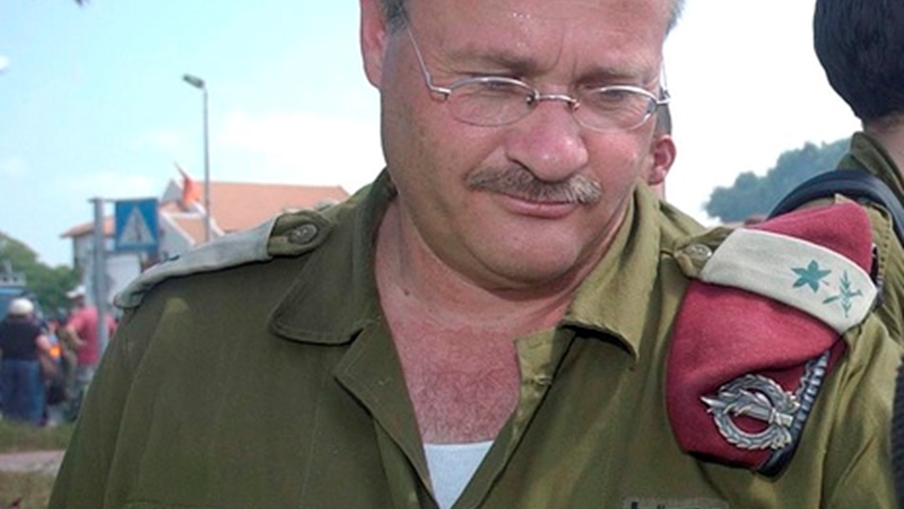The U.S. Treasury Department this week removed sanctions on Israel Ziv, a retired major general of the Israeli Defense Forces, as well as three companies affiliated with him.
Ziv had been designated in December 2018 for supplying the South Sudan government, and the opposition, with weapons and ammunition. The two sides have fought an on-and-off civil war since 2013, two years after the country had achieved independence from Sudan to the north. Last week, a former rebel leader was sworn in as a vice president in a bid to end the conflict.
The swearing-in, which was part of the formation of a unity government, kicked off a transition phase of the peace agreement, a senior U.S. State Department official told reporters on Wednesday. The transition phase is supposed to last three years, at which time South Sudan will hold its first national election since independence, the official said.
The U.S. has used sanctions to prod the country’s leaders -- and its opposition -- toward implementing the peace deal. “It’s a big deal if it all gets there,” the official said.
Ziv had used an agricultural company nominally present in the country as cover to send about USD 150 million worth of weapons to the government, and he reportedly planned to organize attacks by mercenaries in an effort to cause problems only his companies and affiliates could solve, the Treasury said at the time. Ziv was paid by the government through the oil industry and had close collaboration with a major multinational oil company, the Treasury said then. He had denied the allegations, telling Israel’s Army Radio at the time that they were “ludicrous.”
The designation was praised at the time by an advocacy group, which noted that the sanctions took a “network” approach by pursuing the individual and the companies he controls.
A Treasury spokeswoman told Kharon in an email that, after a lengthy and thorough process of negotiation, the department “is satisfied that sufficient measures are in place” to ensure Ziv will no longer be able to engage in activity to expand or extend the conflict in South Sudan, or to obstruct the peace process. The Treasury “will continue to monitor Israel Ziv and the situation in South Sudan for potential future action, should the need arise,” she said.
Ziv told The Jerusalem Post that he was glad to be delisted, and that he will continue his agricultural project in South Sudan. “This was a crucial and challenging year,” he said.
“As I constantly stated along the process, neither I nor my companies have been engaged in the sale of any arms, ammunition and/or related products in or related to South Sudan, nor with any illicit activity,” he said.
